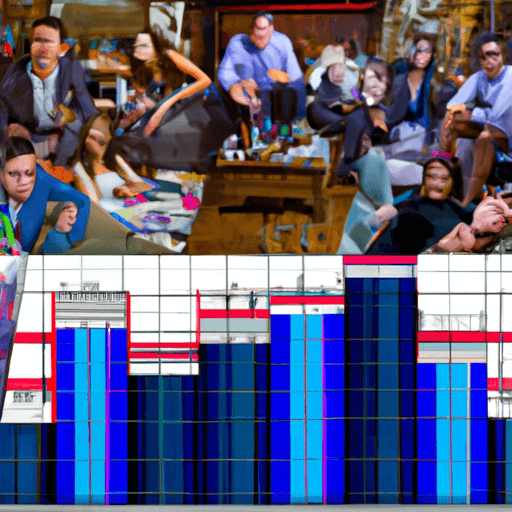Impact of Reality Television on Society
Reality television has arguably threaded itself into the fabric of society since its inception several decades ago. As this medium has expanded and transformed, so too has the potential impact on social norms, behaviors, and societal outlook.
Influence on Social Norms and Behaviors
Reality TV has played a significant role in shaping society's behavior and norms. There are several cases where reality TV has influenced viewers to adopt behaviors and habits seen on shows. For example, cooking shows have inspired a surge of interest in gastronomy, leading many viewers to improve their culinary skills at home.
Perception of Reality and Interpersonal Relationships
One of the major critiques of reality TV is its distortion of reality, hence affecting how individuals perceive real-life situations and relationships. Shows often sensationalize conflict and dysfunctionality, skewing societal expectations of normalcy in personal relationships. They also promote a rather individualistic, competitive approach to life which may disrupt healthy community values.
Evolving Role of Reality TV
From voyeuristic thrill in the early 2000s with ‘Big Brother’ to glimpses of extravagant lifestyles in 'Keeping Up with the Kardashians,' reality TV has evolved dynamically. Today it has grown into a catalyzing force that influences public discourse and shapes cultural trends.
Demographic Implications
Reality TV shows cater to various demographics, selectively reinforcing stereotypes. Dating shows, for example, have been criticized for promoting unrealistic beauty standards, while others glorify wealth and affluence, subtly impacting the mindset of viewers.
Role in Public Discourse and Cultural Trends
Reality TV also dictates public discourse. Shows dealing with social issues have, in many cases, driven conversations around these issues from the periphery to the center of the mainstream consciousness. The rise of reality star influencers on social media platforms further amplifies this impact.
Expert Insight
Researchers have found that regular viewers of reality TV are more likely to buy into the values these shows propagate. This illustrates how such programming can influence societal attitudes and behaviors. “Reality TV is much more than entertainment; it's a massive social experiment.”, says Dr. Laurie Ouellette, associate professor of communication studies at the University of Minnesota.
In conclusion, the impact and influence of reality television on society is multi-faceted, powerful, and deserving of critical attention.

















Comments
Leave a Comment